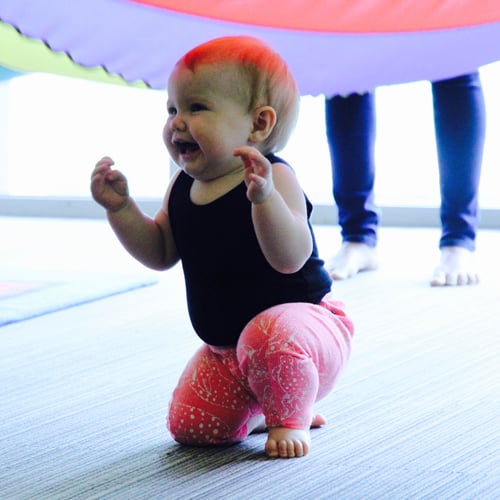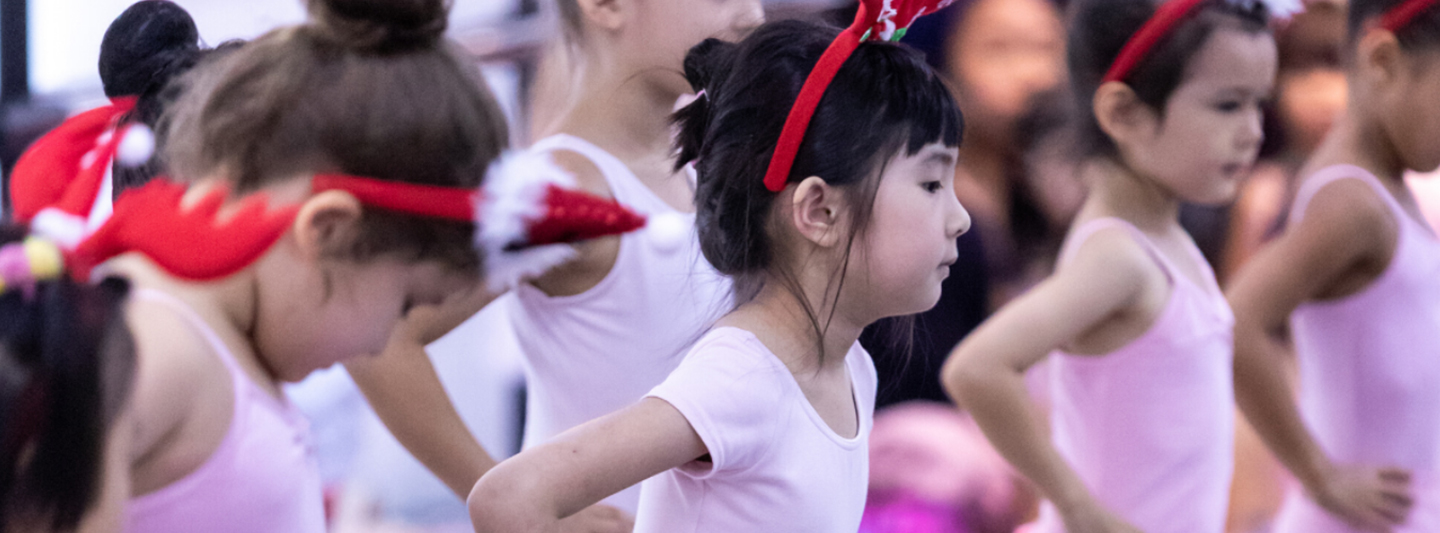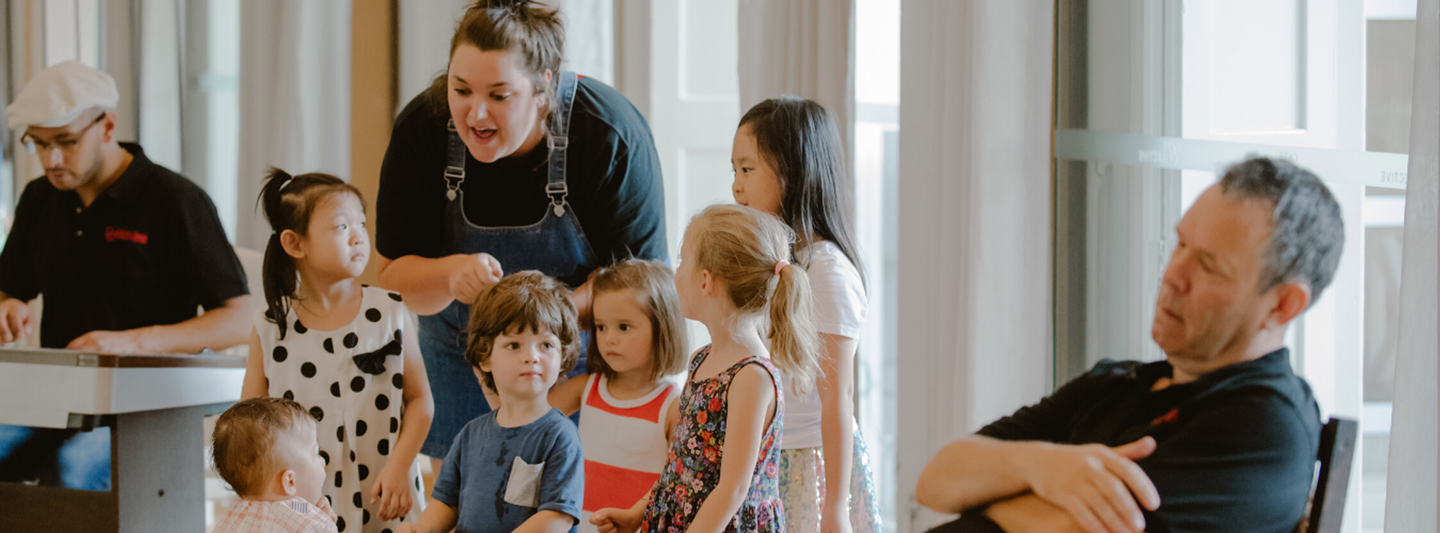Over the years, research showing the correlation between children’s participation in some sort of performing art, whether that’s music, dance or drama classes, and academic performance has grown immensely.
That said, it’s no big secret that academic achievement isn’t the only underlying factor that a child needs to thrive in the real world. Turns out that children who sing/dance/act their little hearts out, benefit from more than just enhanced academic performance.
Read on to find out the many ways that getting up on stage can enrich your child’s life and prepare them to take on the real world!
Teaches kids to overcome anxiety and build confidence
Even as adults, many of us get nervous having to speak up in front of our colleagues, or pitch to our big bosses or clients. Participation in any of the performing arts can help children prepare for these big life moments because it presents them with numerous opportunities to learn just how to cope with these kind of jitters, and build resilience against it.
Through repeated performances and role-play, children can acquire the skills that best prepare them for presenting, and build the confidence that they can apply both in the near and distant future.
Inspires creativity and prepares them to be able to think on their feet
The study of music, dance and drama encourages experimentation, occasional failures and creative approaches to problem solving which surpasses the traditional boundaries associated with academic education alone.
Being able to improvise, whether through improvisation activities in drama, or a protocol at a time one forgets the moves to a dance or the lines to a script, is an important aspect in the performing arts.
Improvisation teaches students to think ahead and the skill can be applied to real life. This skill is particularly applicable in high-pressure work situations where it’s often easy to become paralyzed in thought.
Develops their interpersonal skills
Through performing arts, a child learns how to present him or herself in front of audiences of all sizes, and they learn how to do so with confidence. Verbal presentation skills such as learning to speak with appropriate vocal projection, tone, and articulation are also acquired through performing on stage.
Performing teaches kids the skill of expressing different emotions on stage and gives them the opportunity to move their bodies in various ways to portray their on-stage character. This means that besides developing the ability to present themselves verbally in a mature manner, children are also able to break down the mechanics of non-verbal modes of communication such as body language as well.

Exercises Memory
Participating in performing arts provides your child with a fun way to exercise their memory and improve it - whether it’s through repeated rehearsal to memorise a few lines, an entire script, a song or the choreography to a dance.
A study at Elmhurst College found that participants who were involved in a theatre arts group significantly improved in word recall and memory tasks compared to the control non-treatment group. The authors of the study concluded that theatre training, even over a short time period, can help prevent cognitive decline (such as loss of memory) associated with aging. They also concluded that cognitive gains can be found with theatrical participation in as little time as just four weeks!
Encourages collaboration
Attending performing arts classes and putting on a show takes a strong team working together toward a common goal. A successful performance takes plenty of preparation; from learning lines, remembering cues and timing, and rehearsing scenes along with performance mates. By doing this time and time again, children develop the invaluable skill of effective collaboration and cooperation.
The abilities to work with different people, to value others’ opinions and contributions, and to enjoy working as a team, are practical tools that will stick with your child throughout their life. These are highly beneficial when carried out to school group work, social activities and even in their future career.
Teaches discipline and dedication
Following through an artistic endeavor to result in a final performance takes discipline and dedication. It requires the effort of consistently being on time for rehearsals as well as the discipline of repeatedly rehearsing your script, music or dance to create a successful final piece. Discipline and dedication are healthy habits that can be applied in many aspects of life for your child in the immediate and long-term.
In the performing arts, children also recognise the rewards that come as a result of hard work and dedication. Particularly where they get to experience the warm, fuzzy feeling of accomplishment when the audience gives them grand applause after their final show, making all their efforts feel totally worthwhile!
Explore all the fitness, wellness and lifestyle services available here.


